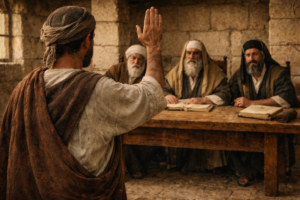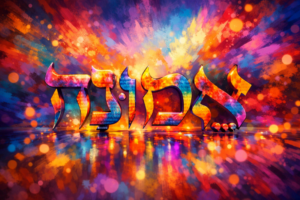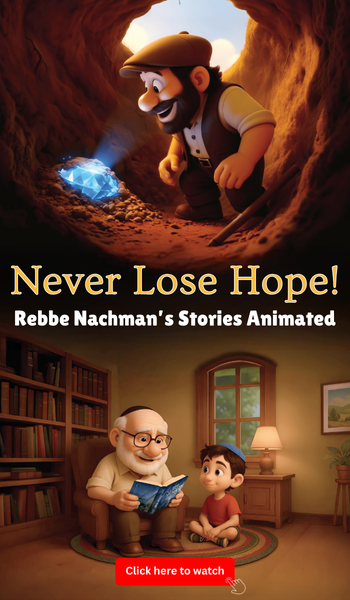The True Measure of a Tzaddik
Parshat Noach is most famous for its story of the Great Flood. Noach built a Teivah (an Ark in English) in which he gathered at least two of every species, thereby protecting them from extinction. Furthermore, he fed these animals for an entire year, extending kindness and compassion to even the tiniest insect as well as the largest beasts. This kept him occupied day and night for a full year. In fact, our Sages teach that one time Noach was late in feeding the lions, and because of this they struck his leg, causing him to become lame!
Our Sages also teach that Noach is one of only two people in the Torah called a Tzaddik (the other is Yosef), and this is because he fed others. Despite the fact that they were animals, not humans, he extended his compassion and cared for them. For this, he earned the appellate “Tzaddik!” The commentaries on the Chumash are clear about this: Noach is called a Tzaddik because of his charitable acts (see Midrash Tanchuma).
This act of giving to others highlights the awesomeness and greatness of charity. Extending oneself for the sake of another demonstrates the true goodness of the giver. One need not have a great name or reputation as a benefactor to perform charity. Many do not have deep pockets or the resources to endow hospitals, schools or the needy. One need only give what is possible.
The Talmud also teaches that performing acts of kindness is even greater than giving charity. There are three distinctions between the two:
- Charity involves money, while acts of kindness can include both gifts and physical assistance.
- Charity can only be given to the living, while acts of kindness and honor can be shown to both the living and the deceased.
- Charity is directed only to the poor, while acts of kindness can be done for both the wealthy and the poor.
This is the essential lesson of the parshah—to give to others. This generosity protects a person from the “flood of challenges and frustrations that overwhelm us.”
Another important lesson of the parshah is learned from what happened afterward. When Noach exited the Ark, he planted a vineyard and became drunk. This led one of his sons to commit an immoral act. Intoxication often leads to all types of immoral behavior. Though Noach was a Tzaddik, he made this mistake—teaching us that even righteous people can err.
Our responsibility is to search for the good points in others. Though mistakes are made, we should judge favorably and find the good, creating an atmosphere of tranquility rather than strife. Indeed, immediately after describing Noach’s drunkenness, the Torah details the rebirth and spreading of humanity after the Flood—showing that good can be found everywhere.
Have a great Shabbos.
- 0 comment






















